Seoul, the vibrant capital of South Korea, is a city known for its rich culture, technological advancements, and bustling nightlife. However, beneath the glitz and glamour lies a hidden world that few tourists and locals are aware of – the seedy realm of juicy bars. Today, we will delve deep into the disturbing world of juicy bars in Seoul, shedding light on their origins, operations, and the implications they have on the lives of vulnerable individuals.
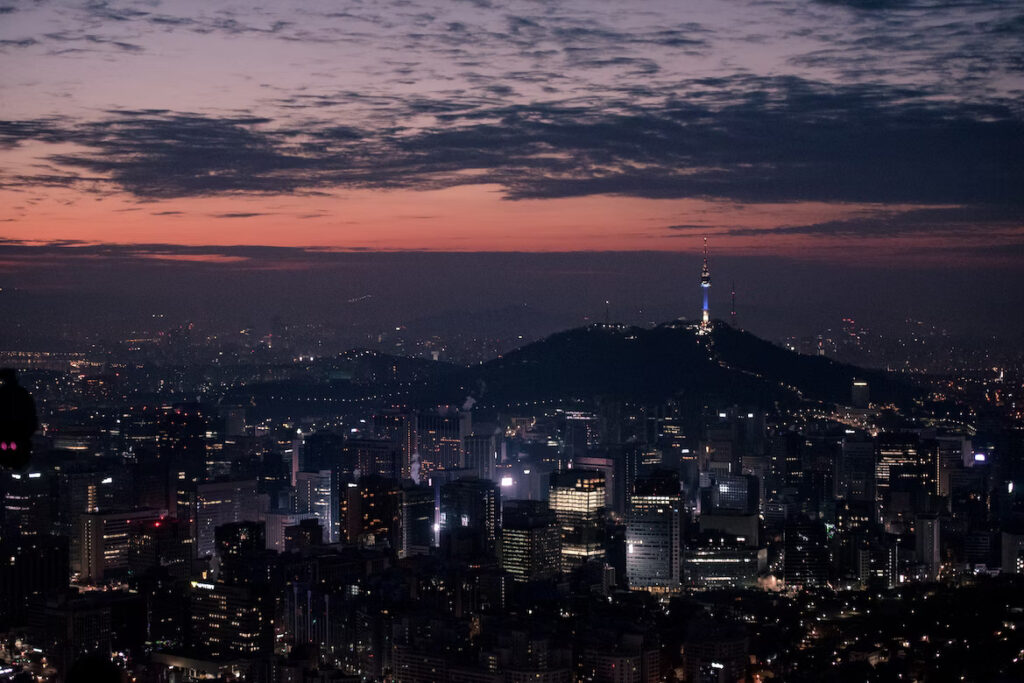
Juicy bars, also referred to as “hof” or “juice bars,” are a particular type of entertainment establishment that primarily caters to American military personnel stationed in South Korea. These bars are strategically located near U.S. military bases, particularly in areas such as Itaewon and Gangnam, where they attract a significant customer base.
One of the most alarming aspects of juicy bars is the deceptive promise they offer. Many of these establishments employ young women, often from the Philippines, Russia, or Thailand, who are lured with false promises of legitimate work as singers and entertainers. These women are often in dire economic circumstances and are seeking better opportunities abroad.
Once inside the juicy bars, these women face a grim reality. Bar owners, driven by profit, push them to engage in prostitution to generate additional income. Those who fail to meet drink sales quotas are coerced into accompanying customers for a fee, ultimately perpetuating the cycle of exploitation.
The presence of juicy bars and the illegal activities occurring within them raise questions about the responsibility of the South Korean and the governments of other countries whose citizens become ensnared, as well as the U.S. military. Advocacy groups argue that these institutions have failed to address the issue effectively, leaving vulnerable individuals at the mercy of their exploiters.
Despite efforts to curb the activities of these establishments, many juicy bars continue to evade sanctions and operate with impunity. The close ties between bar owners, local political officials, and economic interests make it challenging to enforce strict regulations. This lack of accountability allows the exploitative environment to persist.
South Korea’s juicy bars have gained notoriety on an international scale. The 2009 “Trafficking in Persons Report” by the U.S. State Department categorized South Korea as a “destination country” for women from the Philippines and other parts of Asia, highlighting the vulnerability of individuals who are trafficked for sexual exploitation or domestic servitude.
The involvement of American military personnel raises questions about the responsibility of the U.S. military in supervising its soldiers and preventing their engagement in illicit activities. While efforts have been made to declare certain establishments off-limits, the lack of a blanket prohibition on juicy bars has allowed the problem to persist.
Beyond the legal and ethical implications, the existence of juicy bars raises concerns about the broader societal impact. These establishments contribute to the objectification and commodification of women, perpetuating harmful gender dynamics and reinforcing harmful stereotypes.
Efforts are being made by various organizations and women’s advocacy groups to combat the issue of juicy bars. Social service agencies are working tirelessly to assist Philippine bar girls who have been forced into prostitution in South Korea, offering support, resources, and a pathway to escape the cycle of exploitation.
The existence of juicy bars in Seoul, South Korea, represents a dark underbelly that remains hidden from the public eye. The stories of exploitation, human trafficking, and prostitution within these establishments demand our attention.
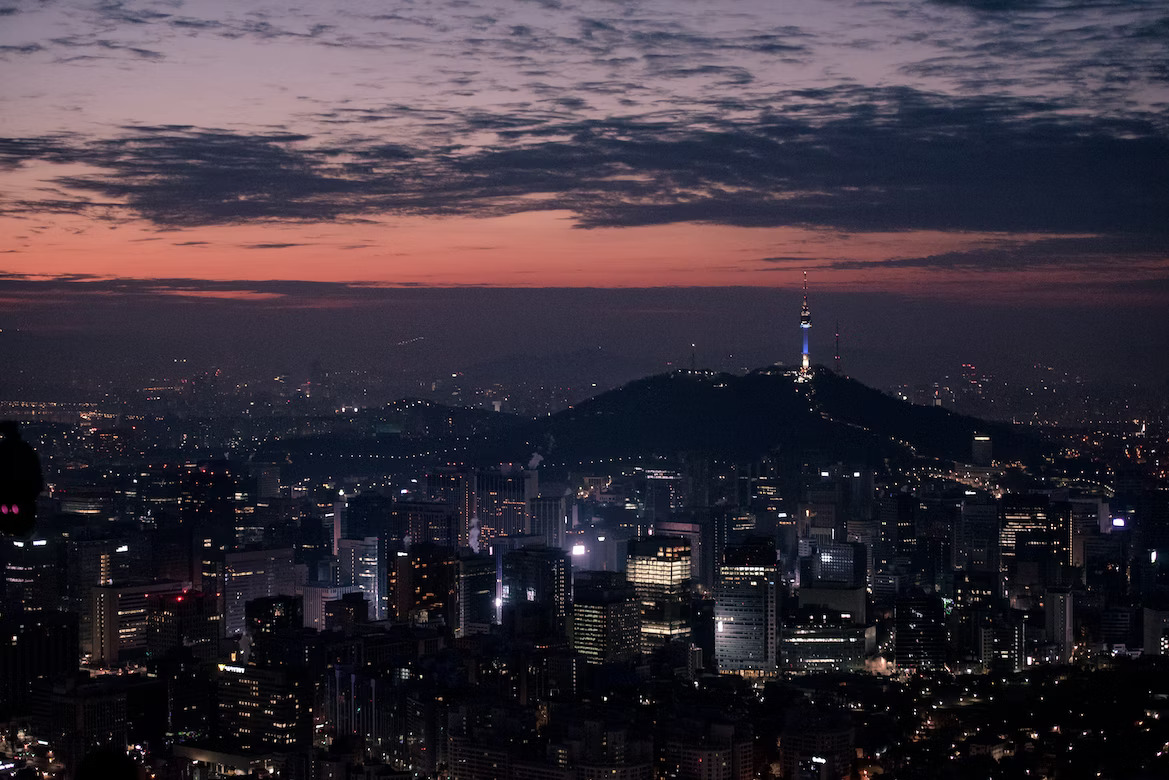
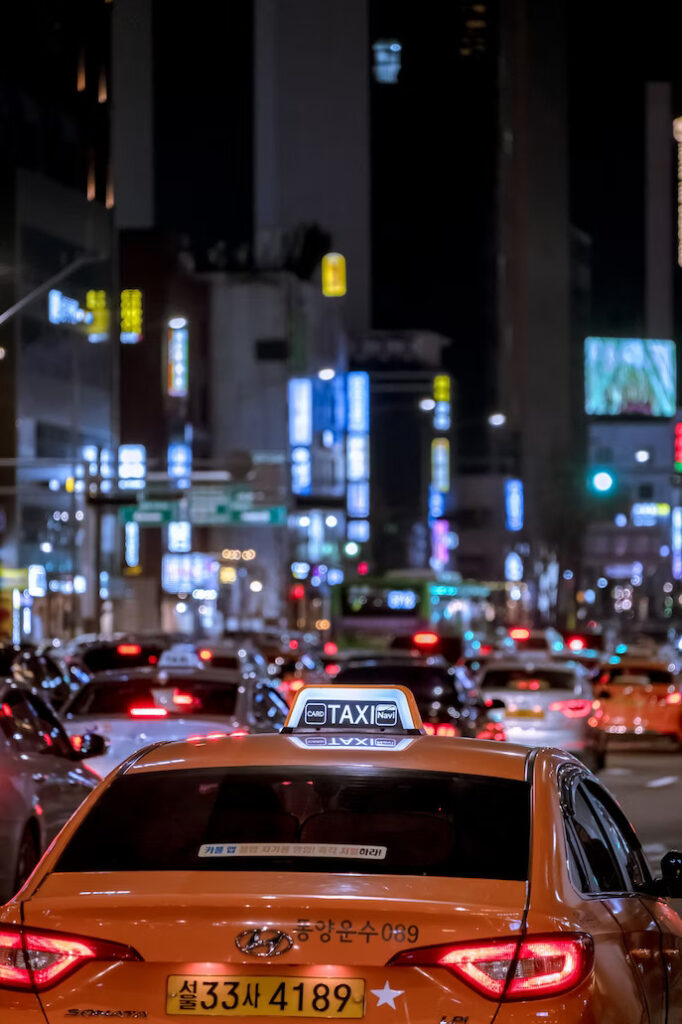
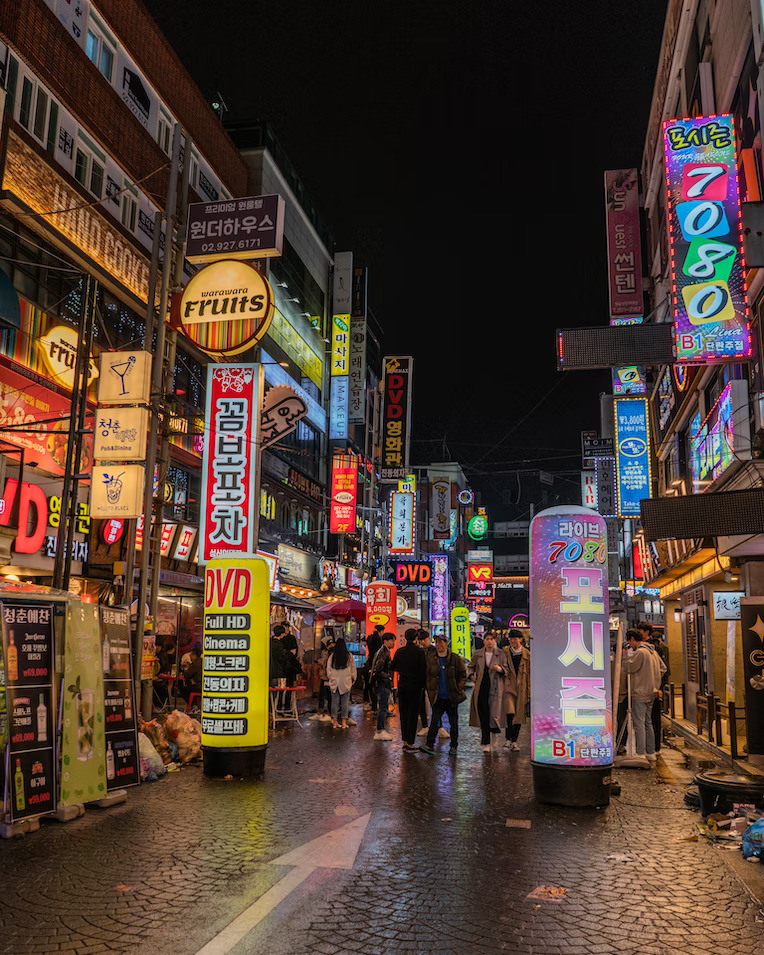

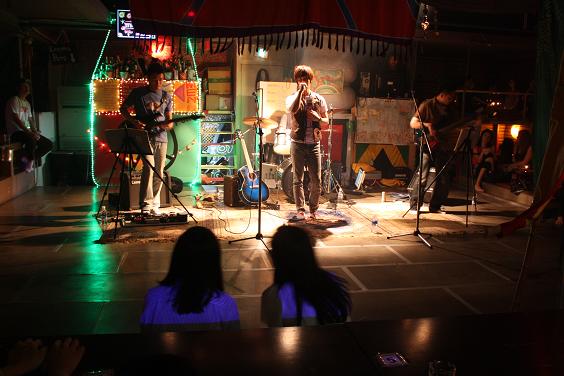

someone tell me why they call them juicy bars! why juicy???